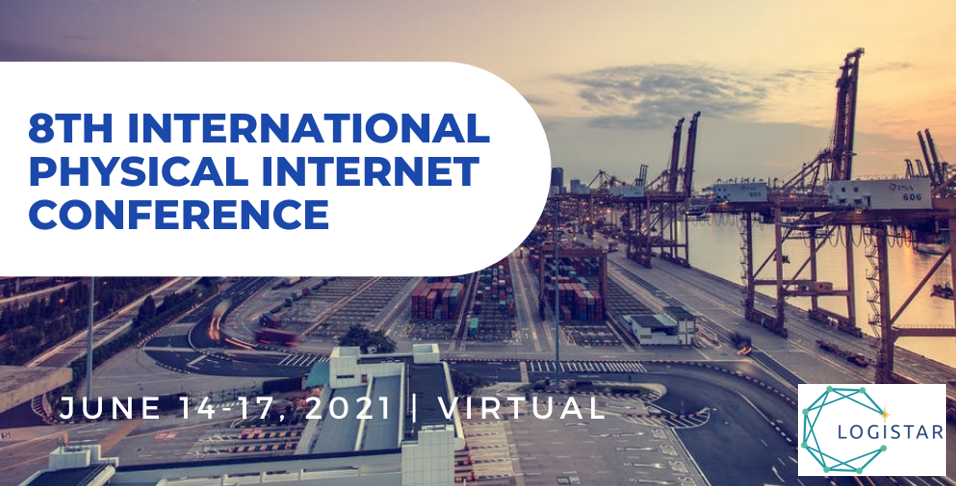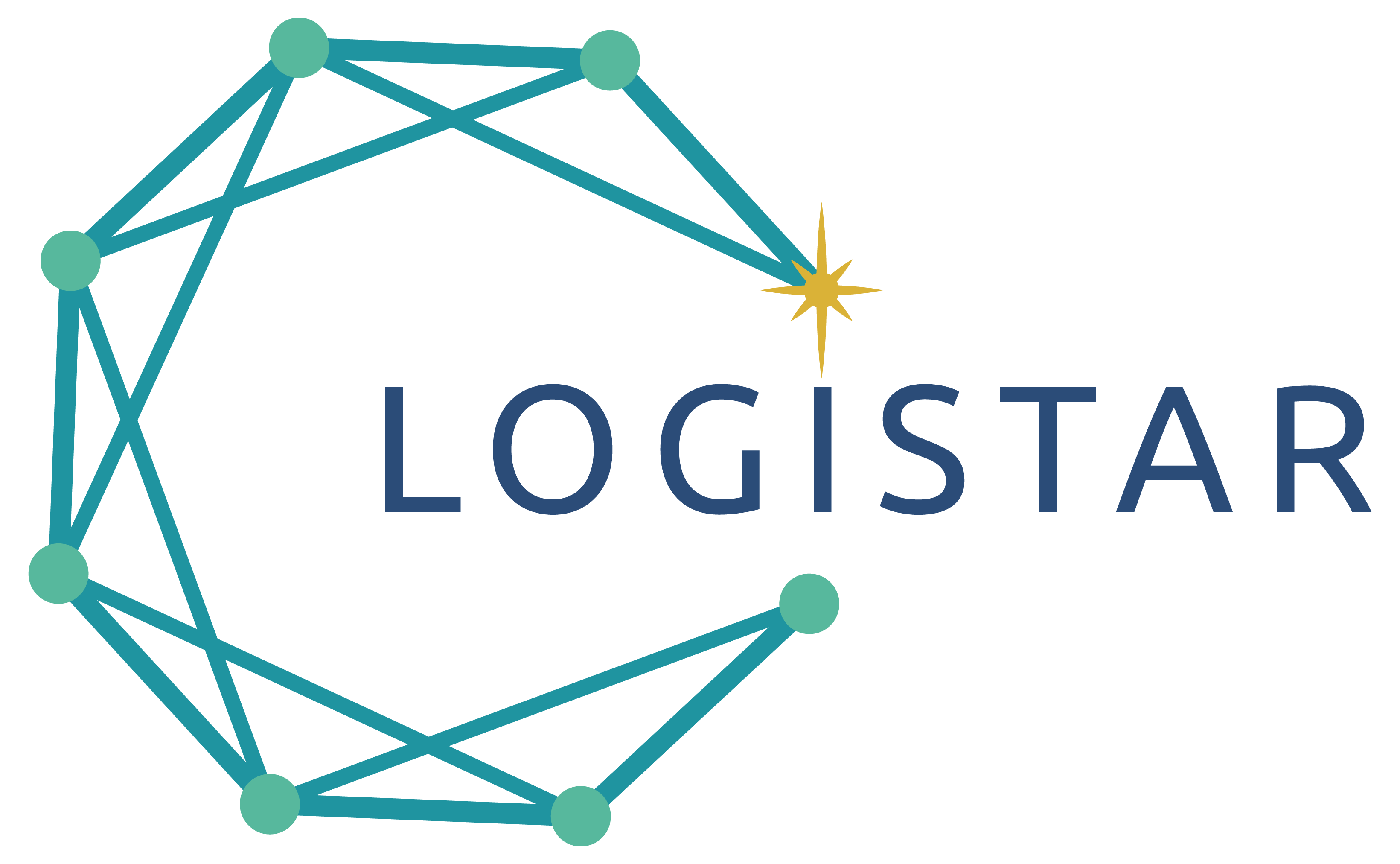LOGISTAR in the 2021 IPIC Conference
LOGISTAR in the 2021 IPIC Conference

The LOGISTAR partnership took part in the 2021 IPIC Conference, held virtually between June 14th and June 17th. The event dealt with the Physical Internet, providing an open forum for researchers, industry representatives, government officials and citizens.
The first session “Users and Advisory Group Workshop” was held on June 15th. This session was open to both conference and non-conference delegates. Twelve people attended from the conference website and 12 people were present on the conference organisers YouTube channel.
For those new to LOGISTAR an overview presentation was given by Enrique Onieva, the project coordinator, from the University of Deusto. This was followed by a description from Andrew Palmer of Preston Solutions, of how the system functionalities were established, and then the current status of the system was described by Christian Gengenbach of Software AG. The presentations were completed by Miguel Van Asch of Ahlers who described the living labs and the results of the living lab 1 testing that had recently taken place.
Although questions were limited, the response from one member indicated that there was much more clarity in these presentations, and it was clear how the system had developed since the last user group meeting in May.
The second session “Smart Algorithms for Transport Operations” was held on June 16th. More than twenty people attended from the conference website and around 10 people were present on the conference organisers YouTube channel. The session was divided into 3 stages.
The first one was led by the Insight Centre for Data Analytics of the University College of Cork. It focused on learning preferences of logistics decision-makers and travel time predictions. Federico Toffano delivered a presentation of the preference learning techniques, machine learning algorithms and data analysis techniques to support the computation of personalised solutions for logistics transportation. The second part was led by the Spanish National Research Council (CSIC). It dealt with automated negotiation and re-optimization algorithms for collaborative transportation. Dave de Jonge and Federico Bistaffa presented a system that allows finding co-loading and backhauling opportunities without the need for the involved logistics companies to disclose any sensitive information regarding their cost model. Finally, the third stage was led by the University of Deusto. It focused on collaborative optimization model to solve horizontal collaboration among stakeholders using RVRP. Jenny Fajardo and Inigo Lopez-Gazpio presented the optimization engine developed within WP4 to solve restricted vehicle routing optimization problems, in order to foster horizontal collaboration between stakeholders, considering different means of transport.
Judging from the response from the audience, the session was fruitful and interesting, as different questions were raised and answers discussed together.
Overall, the presentations delivered by the LOGISTAR partnership were followed by a fair number of stakeholders and the main features of the project displayed and reviewed with participants.

